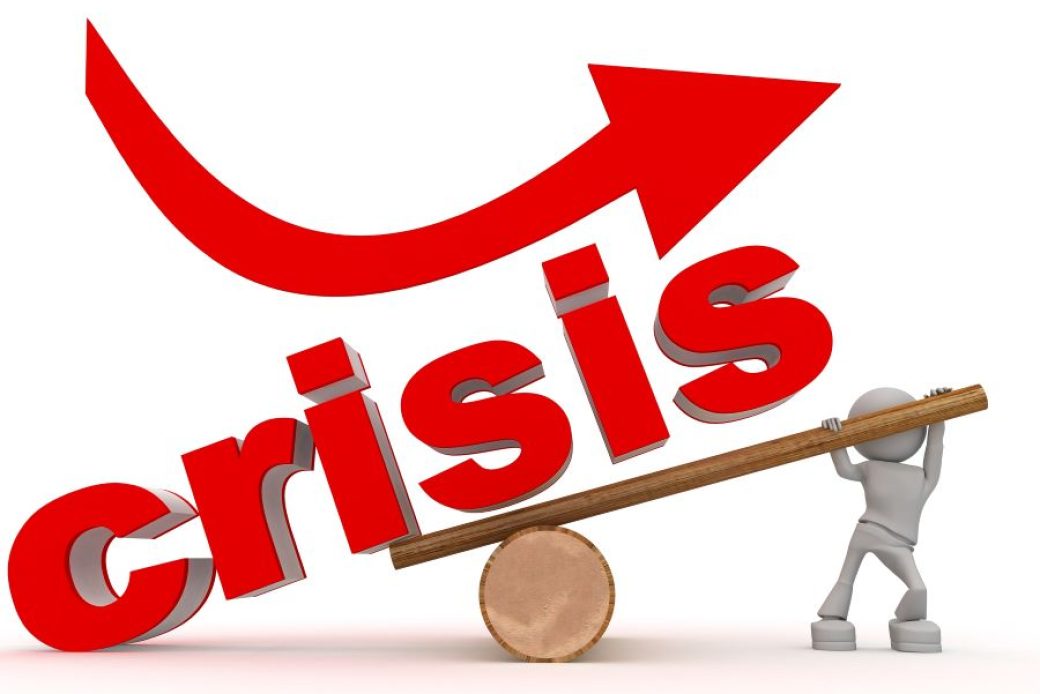Strategies For Preparing & Responding To Unforeseen Challenges In Today’s Business Landscape
In today’s fast-paced and unpredictable business environment, the ability to navigate crises is more critical than ever. Whether it’s a natural disaster, a public relations issue, or an unexpected economic downturn, being prepared for the unexpected can mean the difference between survival and failure. Here’s how businesses can effectively prepare for and manage crises.
Understanding the Importance of Crisis Management
Crisis management involves anticipating potential threats and implementing strategies to mitigate their impact. The key components of effective crisis management include preparation, response, recovery, and learning from the experience. Organizations that prioritize crisis management are better positioned to protect their assets, maintain their reputation, and ensure continuity.
Steps to Prepare for a Crisis
Conduct a Risk Assessment
Begin by identifying potential risks specific to your industry and business model. This may include financial risks, operational risks, reputational risks, and even cybersecurity threats. Engage your team in brainstorming sessions to gather insights on vulnerabilities and potential scenarios that could impact your operations.

Develop a Crisis Management Plan
A well-structured crisis management plan is essential. This plan should outline the steps your organization will take in the event of a crisis, including:
Crisis communication strategy: Identify key messages and spokespeople, and establish protocols for internal and external communication.
Roles and responsibilities: Assign specific roles to team members, ensuring everyone knows their responsibilities during a crisis.
Resource allocation: Determine what resources (financial, human, and technological) will be necessary to respond effectively.
Establish a Crisis Management Team
Form a dedicated crisis management team that includes individuals from various departments such as operations, marketing, HR, and IT. This team will be responsible for executing the crisis management plan and coordinating responses. Regular meetings and training sessions will help keep the team prepared and aligned.
Invest in Training and Simulations
Regular training is crucial for ensuring that your team is ready to handle a crisis. Conduct simulations or tabletop exercises to practice response strategies. These exercises will help identify gaps in your plan and allow team members to understand their roles better.
Implement Communication Protocols
Effective communication is critical during a crisis. Establish clear protocols for disseminating information to employees, customers, and stakeholders. Use multiple channels—such as emails, social media, and press releases—to ensure messages reach the intended audience promptly.
Monitor and Review
Continuously monitor potential threats and review your crisis management plan regularly. Stay informed about industry trends and emerging risks. After a crisis, conduct a thorough review to assess what worked, what didn’t, and how your organization can improve its response in the future.
The Role of Technology in Crisis Management
Leveraging technology can significantly enhance your crisis management efforts. Tools such as data analytics can help predict potential risks, while communication platforms can streamline information dissemination. Additionally, cloud-based systems ensure that critical information is accessible to your crisis management team, regardless of location.
Learning from Experience
Every crisis presents an opportunity for learning and growth. After managing a crisis, take the time to conduct a thorough debriefing. Gather feedback from your team, analyze the effectiveness of your response, and document lessons learned. This reflection will not only strengthen your crisis management plan but also build resilience within your organization.

Preparing for unexpected challenges is a vital component of modern business strategy. By understanding potential risks, developing a comprehensive crisis management plan, and fostering a culture of preparedness, businesses can better navigate the uncertainties of today’s environment. Remember, the goal of crisis management is not just to survive but to emerge stronger, more agile, and better equipped for the future. By prioritizing crisis preparedness, you’ll safeguard your organization’s success and reputation, no matter what challenges lie ahead.

Call us today on Tel: +254724740527 to learn more about how our weekly digital marketing newsletter can help your business succeed.
You Can Also Get To Us Through Our Email Address: mansoor@goplacesonline.com
Follow us on our social media platforms:






